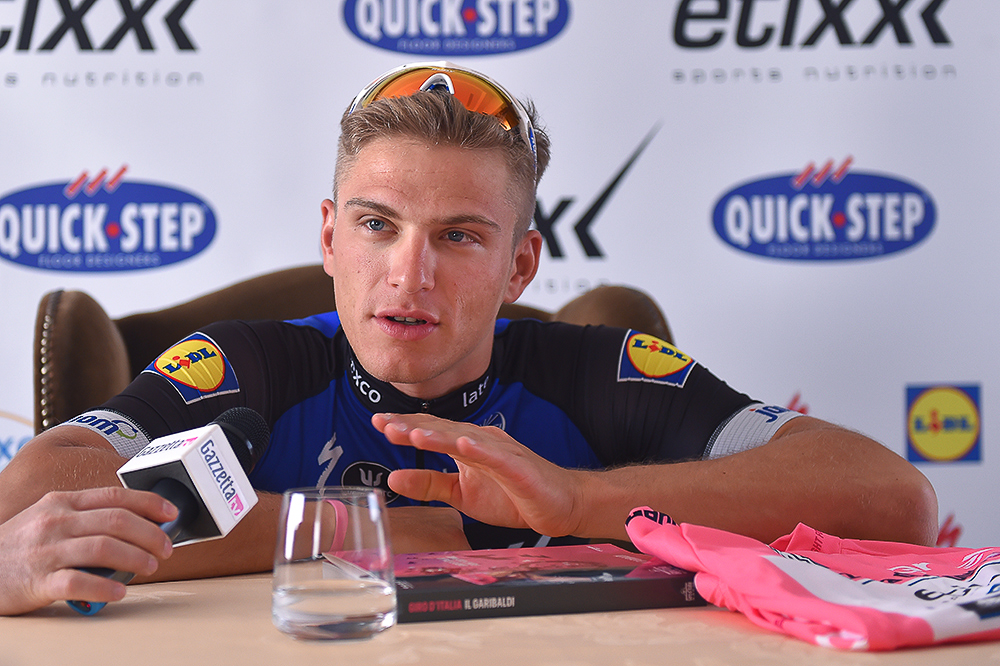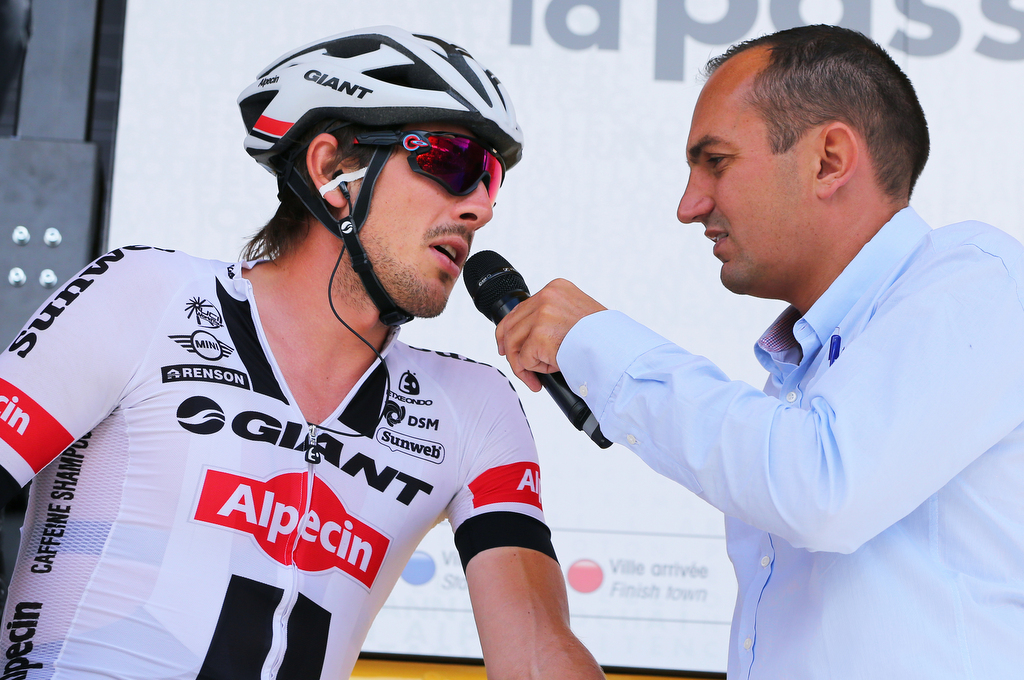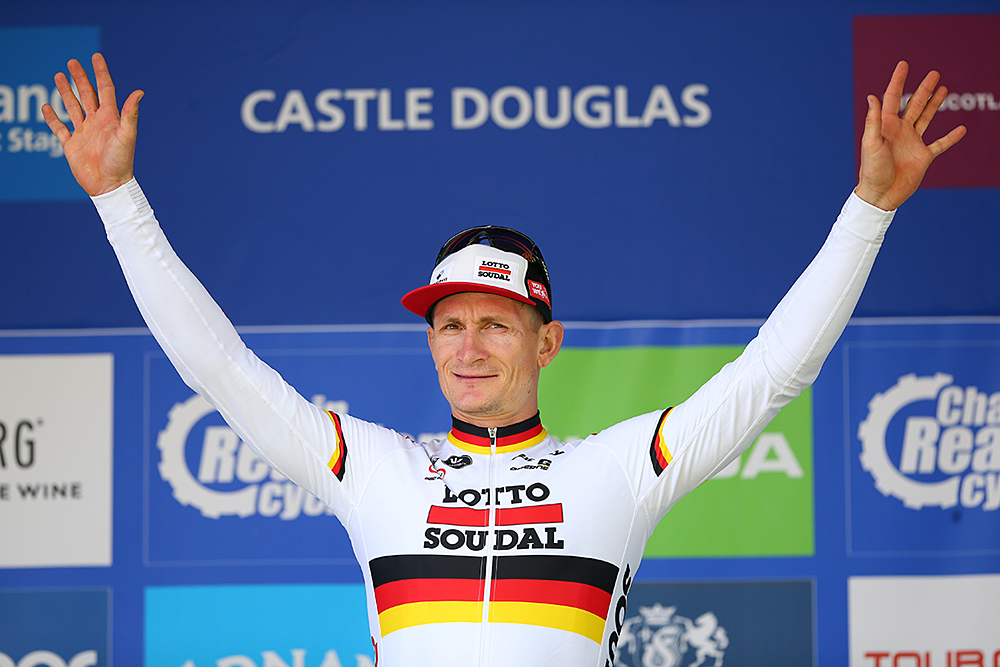Kittel says Paralympic statements taken out of context
German sprinter says he was not speaking specifically about Bradley Wiggins
The latest race content, interviews, features, reviews and expert buying guides, direct to your inbox!
You are now subscribed
Your newsletter sign-up was successful




Marcel Kittel and the German cycling federation released a statement today claiming the sprinter was quoted out of context from an interview ahead of the World Championships road race in which his comments were interpreted to mean that Bradley Wiggins and other asthma sufferers should compete in the Paralympics.
"I distance myself entirely from this report which takes things totally out of context and say again very clearly that I have the greatest respect for the performance of the disabled athletes," Kittel is quoted in the statement distributed Friday by the Bund Deutscher Radfahrer (German Cycling Federation).
As reported previously by Cyclingnews, an article from the German news agency DPA titled, "Critic on Wiggins: 'That's why we have the Paralympics'", claimed Kittel suggested that someone with Wiggins’ ailments should be competing in para-sport.
The German federation says Kittel’s statements came in response to a question that asked generally about TUEs and did not mention Wiggins.
"The name Wiggins was never mentioned at all in the question," the statement read. "In answering, Kittel made a comparison between disabled sport and non-disabled sport, to make clear that there is a serious difference between a healthy world-class athlete and one who is ill and takes various medications.
"The Bund Deutscher Radfahrer and Marcel Kittel distance themselves as strongly as possible from this DPA article."
It was revealed last month that Wiggins received injections of triamcinolone on three occasions, ahead of the 2011 Tour de France, the 2012 Tour de France – which he won – and the 2013 Giro d’Italia. No anti-doping rules were broken because the UCI approved the TUE, but the issue has generated ample discussion of the ethics of TUE use.
The latest race content, interviews, features, reviews and expert buying guides, direct to your inbox!
Both Andre Greipel and John Degenkolb were also asked at the press conference about the TUE issue, with Greipel agreeing that riders who require such treatment shouldn’t be racing.
"If you're sick, you don't ride," said the German champion. "For that reason we're in the MPCC (movement for clean cycling). Now we know why Sky was not."
Degenkolb defended the TUE system, saying it is appropriate "if someone has real problems."
All three riders confirmed they have never received a TUE in their careers, but Kittel's comments about the Paralympics grabbed most the headlines.
Kittel's entire response to the question about TUEs, as transcribed by Bund Deutscher Radfahrer, is printed below:
"If someone has serious asthma, they do not belong in high-performance sport. The Paralympics were introduced so that those with one leg could have the chance to compare themselves against others. It is logical that they would not have a chance against those with all their limbs. But they have the chance to measure themselves against others on the same level. If someone has serious breathing problems, then for me he does not belong in that group, because he needs help.
"Disclosing that is difficult because it involves privacy issues. That is very important in Germany. I believe that athletes generally make themselves very transparent and so you can forestall it all and say, 'Ok, if someone has a bad asthma attack, then he either can’t be a high-performance athlete because it is chronic, or if it just happens occasionally, then he has to leave that competition.' If I crash and break my collarbone, I can also take 100 pain pills, but I am in fact ill and have to abandon the race."

